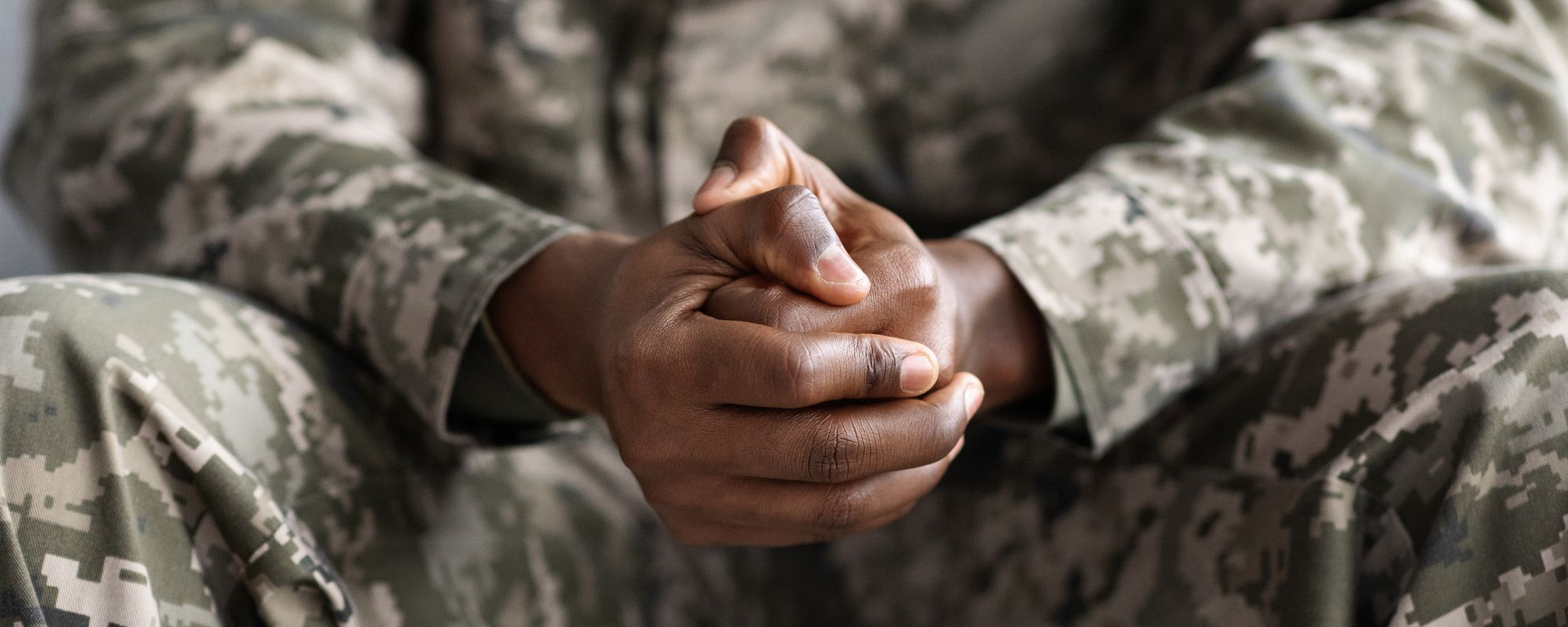Military service requires far more than most civilians realize. Service members and their loved ones often face frustration when their experiences are poorly understood or reduced to shallow expressions of gratitude. While hearing “thank you for your service” may feel appreciated, it rarely captures the depth of sacrifice or the lasting impact of military life. If you long for more meaningful acknowledgment, you are not alone.
The Hidden Struggles of Military Service
Many people have a surface-level understanding of military life, but few grasp the full extent of the challenges service members face. Military personnel dedicate immense amounts of time, energy, and personal safety to serving their country. Beyond that, they sacrifice mental and physical health, time with family, and a sense of security.
After returning to civilian life, many veterans continue to grapple with reminders of their service. These can include mental illness, PTSD, chronic pain, injuries, difficulty reintegrating into civilian life, and other lingering effects of their sacrifice. Some may turn to substance abuse as a way to cope with their feelings. There are better ways to heal when you trust a PTSD treatment center.
Why “Thank You for Your Service” Isn’t Always Enough
Civilians often want to show appreciation but may not know how to do so meaningfully. A simple thank-you acknowledges service on the surface, but it doesn’t address the ongoing struggles veterans face. Because these challenges rarely impact civilians directly, many fail to understand why their words feel inadequate. One of the most important steps anyone can take is educating themselves about the depth of sacrifice that veterans endure—so their support goes beyond a polite phrase.
On Veterans Day for example, many people thanking those who have served take time to honor the sacrifices of soldiers from conflicts like the wars in Iraq and the Iraq War. For returning soldiers, the transition back to civilian life can be challenging, and veteran affairs programs play a critical role in supporting them. From addressing physical injuries to helping those with service-related conditions, these resources ensure that soldiers returning home after joining the military receive the care and recognition they deserve.
Get confidential help from our addiction and mental health treatment facilities located across the United States. Call to join one of our quality programs today!
Speak With Our Admissions Team
The Connection Between Military Service and Mental Health
Military members face high-risk environments, especially those stationed in combat zones or dangerous assignments. Constant vigilance, exposure to trauma, and the pressures of life-and-death decisions create intense stress, fear, and mental strain.
Upon returning home, veterans often struggle to break patterns of hypervigilance, anxiety, or emotional guardedness. Post-traumatic stress disorder (PTSD) is significantly more common in military populations than among civilians, and many veterans remain undiagnosed or untreated due to stigma, barriers to care, or other health complications.
Tailored Treatment Programs for Military Members
Veterans deserve access to high-quality, veteran-specific care that addresses mental, physical, and emotional wellness. At Aliya Veterans, our accredited mental health treatment center provides person-focused care designed for the unique challenges of military life. We help veterans heal from mental illness, substance addictions, chronic pain, and co-occurring disorders.
Looking for quality treatment for substance abuse and mental health that’s also affordable? Aliya Veterans treatment facilities accept most major insurance providers. Get a free insurance benefits check now!
Check Your Coverage
How Veteran-Specific Programs Make a Difference
Veterans face distinctive physical, emotional, and psychological challenges due to their service. By offering specialized trauma interventions, grief support, and treatment for isolation or emotional distress, veteran-focused programs provide a pathway to lasting recovery. These programs meet service members where they are, helping them rebuild a sense of purpose, safety, and peace in post-service life.
Veteran PTSD and Mental Health Treatment
PTSD remains one of the most prevalent mental health conditions among veterans, alongside anxiety, depression, and suicidal ideation. Comprehensive counseling programs aim to help veterans process trauma, develop healthy coping strategies, and improve overall mental health.
Veteran Substance Abuse and Addiction Treatment
Many veterans turn to alcohol or drug use to self-medicate the emotional and physical pain of service. This can develop into substance use disorders (SUD), which perpetuate a cycle of addiction. Targeted veteran addiction treatment helps address these issues alongside mental health challenges for lasting recovery.
Supporting a Member of the Military
Understanding the specific struggles of veterans goes far beyond a simple “thank you.” At Aliya Veterans, we honor the sacrifices made by military members by providing actionable, trauma-based treatment programs that foster genuine healing. Our goal is to bring lasting peace, resilience, and recovery to every veteran who walks through our doors.
If you or a loved one is seeking support, contact Aliya Veterans today to explore personalized care designed for military members and first responders.


- Healthy Holiday Routines: Maintaining Structure, Sleep, and Self-Care When Your Normal Schedule Changes - November 12, 2025
- PTSD Treatment in Irvine, CA: A Veteran‑Focused Path to Healing - November 5, 2025
- PTSD Rehabs in California: Specialized Trauma Recovery for Veterans and First Responders - November 5, 2025












